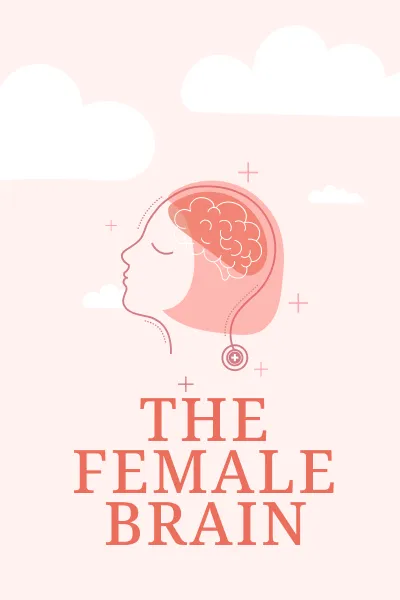
Beyond Words
Brief Summary
“Beyond Words” delves into animals’ intricate emotional and social dynamics, emphasizing how human biases and interventions often obscure our understanding. Reading it, you will explore the profound depths of wolf and elephant societies, as well as the complex systems of orcas. The book underscores the challenge of truly grasping animal cognition in the face of human influence.
Key points
Key idea 1 of 9
Do animals, like dogs with their expressive eyes, experience emotions? It's a thought-provoking question. Many of us believe we see genuine emotion in a dog's gaze. Meanwhile, science often hesitates to assign such human-like sentiments to our four-legged companions.
Interestingly, an elephant can detect threats from a distance, thanks to its acute hearing, often long before we humans even sense danger. These unique capabilities suggest animals possess distinct cognitive abilities. People often misunderstand them due to human biases.
The challenges in understanding animal behavior arise from two main concepts: anthropomorphism and anthropocentrism. Anthropomorphism is the tendency to assign human emotions to animals. According to it, an elephant standing between its calf and a hyena does so out of maternal instinct. Meanwhile, anthropocentrism posits that only humans have unique emotional and intellectual capacities.
While these perspectives are deeply ingrained, animals might possess their own set of emotions and thought processes. After all, both humans and animals share evolutionary objectives, such as finding food, seeking shelter, and ensuring their species' survival.
Humans have long co-existed with animals, and while we've evolved in different directions, the foundation remains shared. Therefore, dismissing the idea that animals have feelings or cognitive processes is an oversimplified view.
So, as we ponder the emotional world of animals, a crucial question remains: can we ever truly validate their feelings or thoughts?
FAQ
You may also like these summaries











